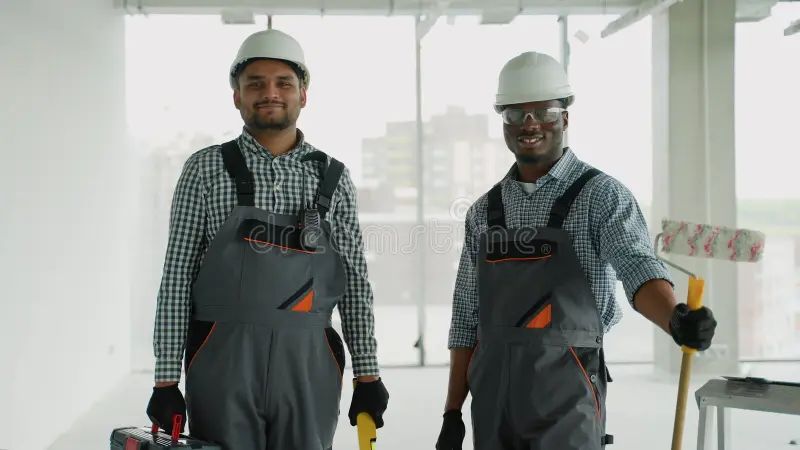Recruitment Marketing 101 for Business Owners
Recruitment Marketing 101 for Business Owners

Your company’s success is built on the efforts of your employees. When building a team, you want to recruit talent to ensure the best possible results. This is especially true for technical fields like manufacturing, constructing, and mining, where specialists are needed. Well-executed recruitment marketing can help you find fitting professionals. Read on to find out how you can get the cream of the crop when building your team.
Write a clear job description
Start your search by writing a clear job description. Specify a clear job title, consider the purpose of the role, and then write out the responsibilities that must be completed to fulfill that purpose. This could include hard skills like IT abilities and soft skills like communication. Make sure to also highlight what you will offer a successful candidate, including benefits like health care, a relocation package, or a 401K.
Create a compelling recruitment video
If you want to take your job posting to the next level, consider creating a recruitment video. This is an opportunity to give potential candidates an insider look at your company, the culture, and what they can expect. It’s also a chance to highlight perks. Make sure to emphasize what makes you different from your competitors.
Post your job ad across multiple channels
For maximum impact, use multiple channels to share your recruitment marketing materials. Start with job boards relevant to your industry. For example, if you’re in mining, look to sites like Jobs4Mining. You can also use social media to post job ads. Another option is to ask employees to recommend their personal connections. Try instituting an employee referral program, where workers get a bonus if the person they refer gets hired.
Use a hiring matrix for clarity
As you start going through resumes, you may be overwhelmed. Simplify matters by creating a hiring matrix. This document clearly lays out the points you are looking for and assigns the level of importance to each point. Your hiring matrix will offer transparency and organize your search. Use your original job posting to create the matrix, covering all the points mentioned.
Conduct well-organized interviews
Once you’ve selected a handful of top contenders based on their resumes, you can move on to the interviews. To simplify the process, prepare your questions in advance. This will ensure all candidates are subject to the same queries, streamlining and democratizing the selection. It will also reduce stress on your side. During the interview, remember to also assess soft skills like communication.
Provide a clear onboarding process
The work doesn’t stop once you’ve found your team. A constructive onboarding process will provide them with the training and support they need to thrive in their new role. Trinet offers a guide to successful onboarding, including planning a team lunch to facilitate introductions and allowing sufficient time for training. It’s also a good idea to check in after your new team member’s first week to see how they’re adjusting.
Keep workers engaged for the long haul
Finding and hiring stellar employees takes time, energy, and money. You don’t want to have to go through the process again in a few months. Retain your workers by developing an employee engagement program. For example, you can show appreciation with bonuses and provide continuing education opportunities, giving workers the chance to progress. ZenBusiness recommends offering perks that make workers’ lives easier, like transportation.
Hiring a strong team can help ensure your business runs smoothly day to day. The right marketing recruitment strategy will get you the talent you need. Follow the above tips to get started building your perfect team.
For more content like this, check out the Targeted HR blog. We are a professional recruitment agency specializing in the manufacturing, construction, and mining fields.


